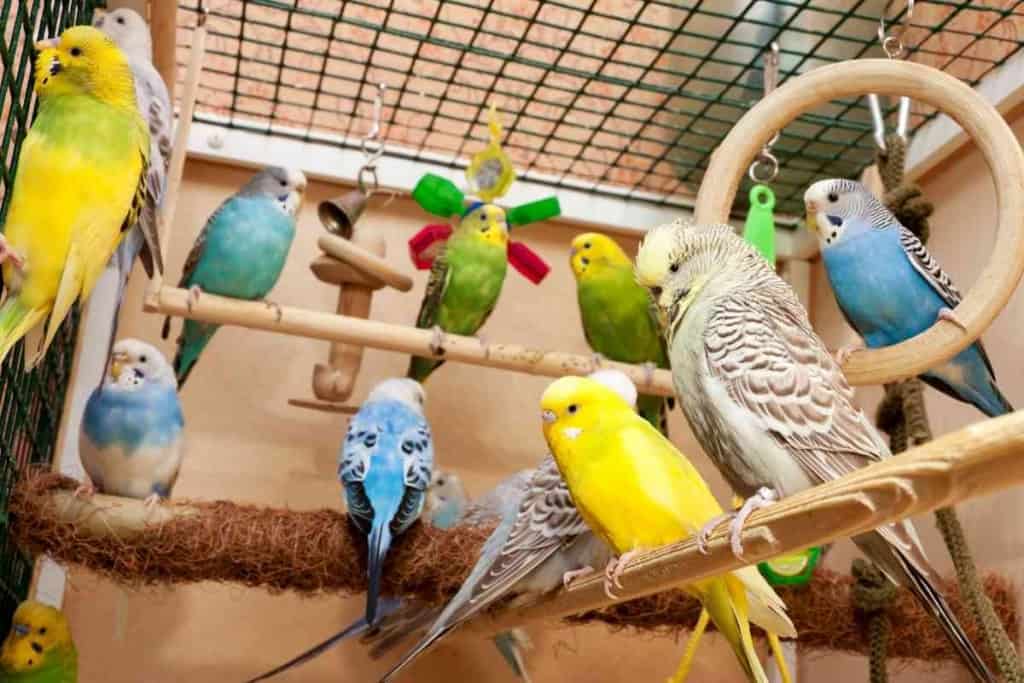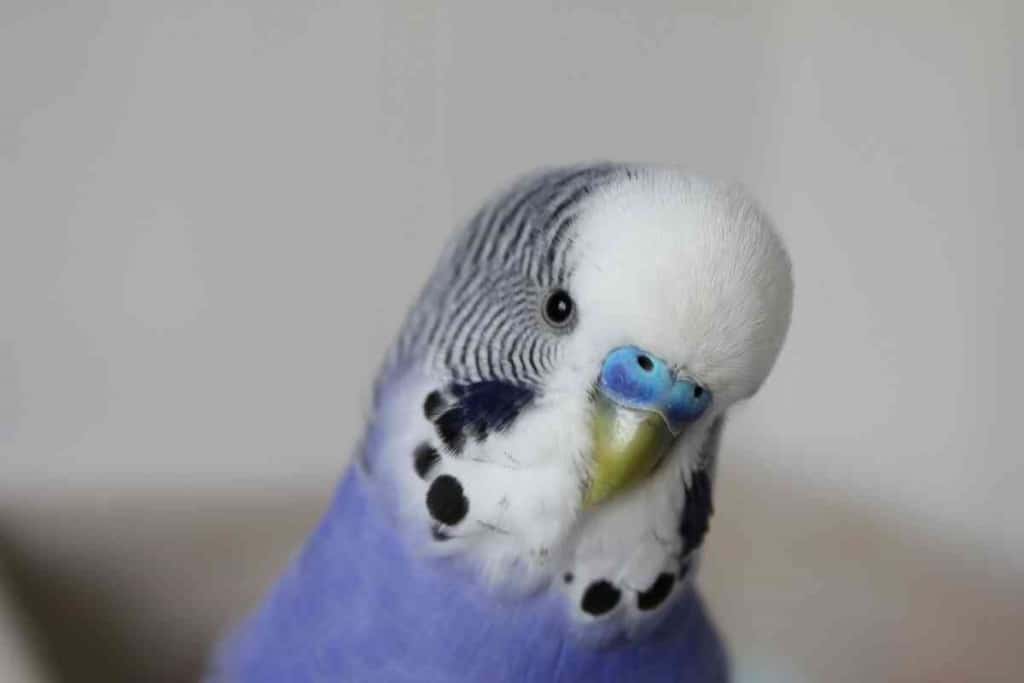Can You Move Budgie Eggs? Is It Safe?
When raising pet birds, nothing is more important than providing a safe and comfortable home for your feathered friends. For those who find themselves with a nest of eggs or are thinking about breeding Budgies or parakeets, the first step is to ensure that you have everything you need for a successful hatch. But Budgies sometimes have their own ideas about where they want to raise their chicks, and they may not always build their nest in a convenient or safe location. When this occurs, it can leave bird owners wondering, can you move Budgie eggs?

Is It Okay To Move Budgie Eggs?
While it’s possible to move Budgie eggs, it’s not usually the first approach to take. Some avian experts argue that moving the eggs disturbs the mother bird, leading her to abandon her nest and leave the eggs unprotected, while others believe that moving bird eggs and nests could help when they are in high-traffic areas of the cage where they could get trampled.
Opinions among bird experts vary dramatically on whether it is safe to move Budgie eggs.
Whether you decide to move your Budgie eggs will depend on several factors, including your bird’s response to the disturbance, her nesting habits and location, and any potential health concerns for the embryos.
Can I Move My Parakeet Eggs?
Generally speaking, it’s not wise to move parakeet eggs once the mother has laid them unless absolutely necessary. The reason for this is that parakeets are very protective of their eggs and will often abandon the nest if they get disturbed.
Parakeet eggs are incredibly fragile, so moving them can cause them to crack, decreasing the chances of them hatching successfully.
If you must move the eggs, do so very carefully. Always wear clean gloves when handling the eggs to avoid leaving your scent behind, which could also cause the parents to abandon the nest.
Gently place the eggs in a new nesting box lined with soft, clean material, and try to keep the box as close as possible to the original nest. If possible, let the female parakeet watch as you move the eggs to help minimize confusion.
With that said, it’s always best to let Budgies incubate and hatch their eggs whenever possible. It is less stressful for the parents and gives them a chance to bond with their chicks from the beginning.
Can You Move a Parakeet and Eggs That Are in a Nesting Box?
While possible, moving a parakeet and eggs that are in a nesting box is challenging. Some people may feel tempted to take out the nest and transfer it to another location. Still, in most cases, this is not advisable.
Simply put, moving a parakeet with her eggs in tow requires special care and caution, so always take everything into consideration when faced with this delicate situation.
Due to the physiological changes that birds undergo during egg-laying and incubation, moving them at this stage will often result in the expulsion of the eggs or abandonment of the nest. Therefore, to ensure success for both the mother bird and parakeet chicks, it’s best to leave the nesting box undisturbed until all eggs have hatched or been discarded.
However, there are certain situations where it may be necessary to move a parakeet and her eggs from one home to another. For example, if your aviary or enclosure is getting relocated, carefully removing the nesting box is necessary for successful transportation.
But, if possible, consider holding off on moving the birds until the eggs have hatched, as this will make the process much simpler.
Additionally, you may need to move a nesting box due to aggression or troubling behavior from other parakeets in the cage. In this case, you should move them to a new location rather than the mother parakeet her eggs.
Doing this allows the mother to continue caring for her chicks without the stress of having to protect them from other birds.
When transferring a nesting box with eggs, surround the eggs with soft, clean material to cushion them during transport to avoid damage. Use gloves to avoid leaving your scent behind, and place the box in its new location before letting the mother bird out. If you must move the birds while they are still incubating, keep them in a quiet, dark place to minimize stress.

Will a Budgie Sit on Another Budgie’s Eggs?
Hen Budgies sometimes “adopt” another female’s eggs and incubate them as her own. This behavior is most common in social situations, such as when Budgies live in pairs or small groups.
While it may seem odd to humans, egg adoption is relatively common in the bird world because it helps more chicks survive to maturity.
In addition, Budgies mate for life, so it’s not unheard of for the male to help incubate the eggs and care for his chicks. While his job consists primarily of providing food and protection for the family, he may also take turns sitting on the eggs to help keep them warm.
And while it’s technically possible for a Budgie to sit on another Budgie’s eggs, it’s not something that should be encouraged. If you’re housing more than one female Budgie, it’s best to provide each of them with its own nesting box so that they can raise their chicks without interference.
You should also keep non-mated male Budgies separate from brooding females to avoid any potential aggression or territorial disputes.
Conclusion
In short, you can move Budgie eggs, but it’s generally not a good idea. If you must move them, do it carefully using clean gloves and try to keep the eggs as close to the original nest as possible.
Provide the parents with their chosen nesting box in their new location to help ease them into their new home.
It’s also worth noting that Budgies sometimes sit on another Budgie’s eggs. So, if you have more than one female, provide each with her own nesting box to avoid any potential problems.
